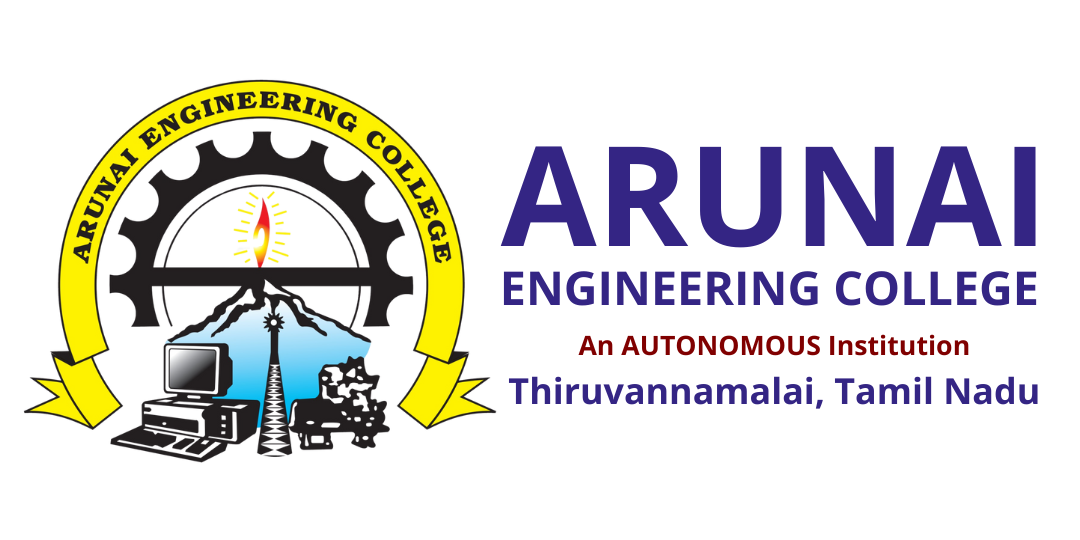Department > Electrical and Electronics Engineering
Programme's PEO's, PSO's and PO's
Program Educational Objectives (PEO)
PEO1 : I. Find employment in Core Electrical and Electronics Engineering and service sectors.
PEO2 : II. Get elevated to technical lead position and to lead the organization competitively.
PEO3 : III. Enter into higher studies leading to post-graduate and research degrees.
PEO4 : IV. Become consultant and provide solutions to the practical problems of core organization.
PEO5 : V. Nurture as an entrepreneur and be part of electrical and electronics product and service industries.
Program Outcomes (POs)
PO1 – Engineering Knowledge: Apply knowledge of mathematics, basic science andengineering science.
PO2 – Problem Analysis: Identify, formulate and solve engineering problems.
PO3 – Design / Development of solutions: Design an electrical system or process to improve its performance, satisfying its constraints.
PO4 – Conduct investigations of complex problems: Conduct experiments in electrical and electronicssystems and interpret the data.
PO5 – Modern tool usage: Apply various tools and techniques to improve theefficiency of the system.
PO6 – The engineer and society: Conduct themselves to uphold the professionaland social obligations.
PO7 – Environment and sustainability: Design the system with environment consciousnessand sustainable development.
PO8 – Ethics: Interacting industry, business and society in aprofessional and ethical manner.
PO9 – Individual and team work: Function in a multidisciplinary team.
PO10 – Communication: Proficiency in oral and writtenCommunication.
PO11 – Project management and finance: Implement Cost effective and improved system.
PO12 – Life-long learning: Continue professional development and learning as a life-long activity.
Program Specific Outcomes (PSOs)
PSO1 -Foundation of Electrical Engineering Ability to understand the principles and working of electrical components, circuits, systems and control that are forming a part of power generation, transmission, distribution, utilization, conservation and energy saving. Students can assess the power management, auditing, crisis and energy saving aspects. power systems
PSO2 -Foundation of Mathematical Concepts: Apply appropriate techniques and modern Engineering hardware and software tools in power systems to engage in life- long learning and to successfully adapt in multi-disciplinary environments
PSO3 –Ability to use knowledge in various domains to identify research gaps and hence to provide solution which leads to new ideas and innovations.

